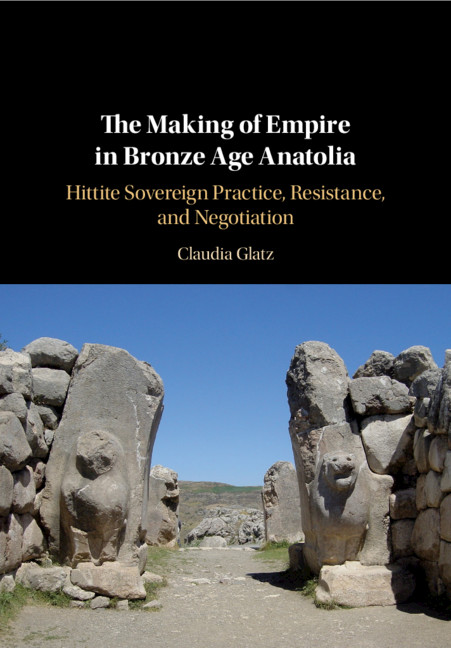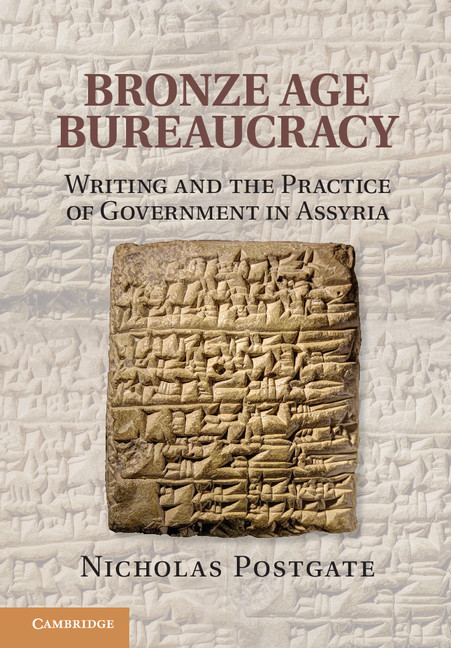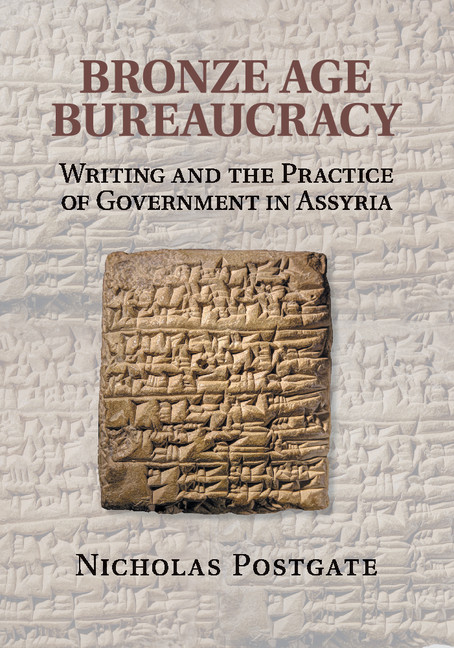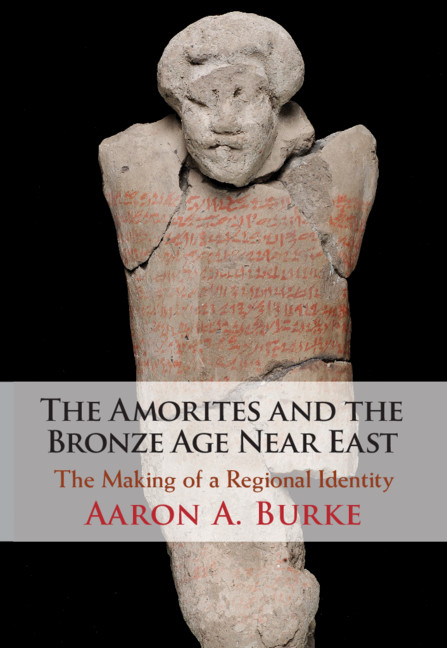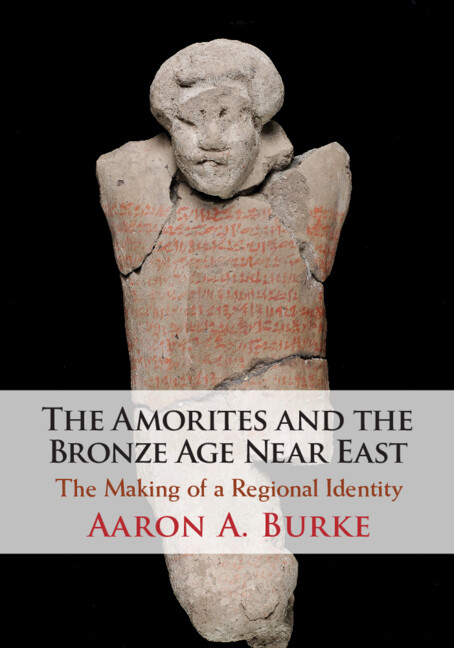The Making of Empire in Bronze Age Anatolia
In this book, Claudia Glatz reconsiders the concept of empire and the processes of imperial making and undoing of the Hittite network in Late Bronze Age Anatolia. Using an array of archaeological, iconographic, and textual sources, she offers a fresh account of one of the earliest, well-attested imperialist polities of the ancient Near East. Glatz critically examines the complexity and ever – transforming nature of imperial relationships, and the practices through which Hittite elites and administrators aimed to bind disparate communities and achieve a measure of sovereignty in particular places and landscapes. She also tracks the ambiguities inherent in these practices -- what they did or did not achieve, how they were resisted, and how they were subtly negotiated in different regional and cultural contexts.
- Provides a comprehensive synthesis of a wide range of archaeological, textual and iconographic data pertaining to Late Bronze Age Anatolia and northern Syria
- Presents the first theoretically informed analysis of the Hittite empire, its practices of sovereignty, local reactions to them, and long-term political development
- Provides a model for a multi-scalar and multi-proxy analysis of early imperial production and development
Reviews & endorsements
‘With Making, Glatz has written a monograph that is both an exciting application and case study of the archaeology of imperialism, and a comprehensive archaeological treatment of an empire that has never adequately received one … the most significant booklength treatment of the Hittite Empire for many years to come, and has immediately emerged as essential reading for all those interested in this time and place.’ James F. Osborne, Journal of Near Eastern Studies
Product details
November 2020Hardback
9781108491105
350 pages
265 × 185 × 30 mm
1kg
Available
Table of Contents
- 1. Empire is always in the making
- 2. Placing empire
- 3. Sovereign performance
- 4. The pontic shatter zone
- 5. Nesting faults
- 6. Arresting geographies – ambiguous edges
- 7. Discipline and difference
- 8. Plain things
- 9. Ceasing empire
- 10. Concluding thoughts.

